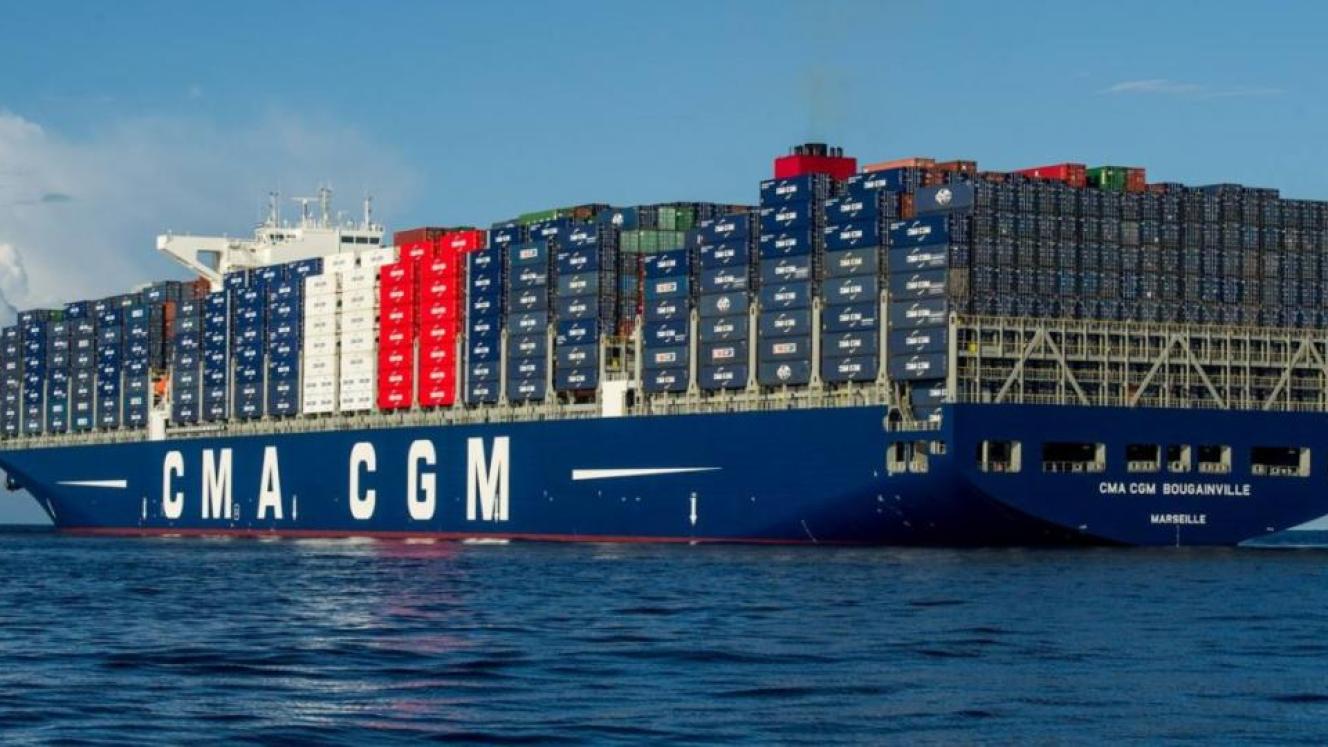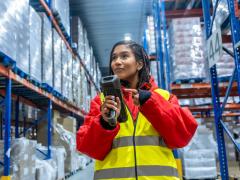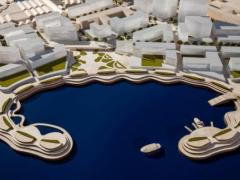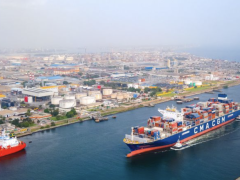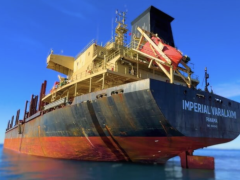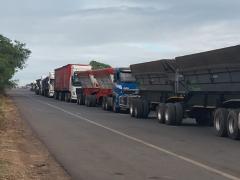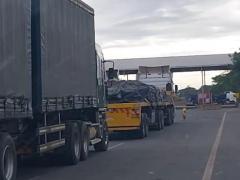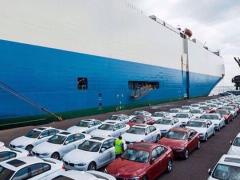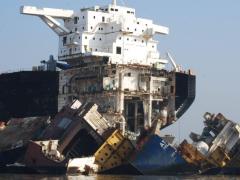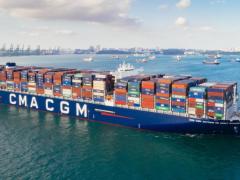The CMA CGM Group has joined forces with renewables and energy solutions provider ENGIE to advance energy transition by championing the industrial-scale production and distribution of synthetic methane and BioLNG.
In order to nurture the development of a decarbonised fuel offer for the shipping sector, the French companies have decided to establish a long-term strategic and industrial cooperation plan focused on the production of decarbonised fuels.
Their ambition is to support the development of a synthetic methane production and distribution industry that can be used by the shipping sector.
An initial project to produce liquefied biomethane (BioLNG) for shipping has already been launched by both groups at the Port of Marseille, in partnership with Métropole Aix-Marseille-Provence and TotalEnergies.
ENGIE is leading further synthetic methane production industrial projects in which CMA CGM will be able to invest, including by means of multi-year purchase commitments. These projects will harness various technologies, such as pyro-gasification or methanation using green hydrogen and captured CO2.
The companies are investing in research and development with their industrial partners in order to find the energy sources of the future to enable the decarbonisation of the shipping sector. In order to ensure the durability of the industry, the partnership between CMA CGM and ENGIE will facilitate the sharing of both groups’ knowledge and R&D work, most notably in key technologies such as carbon capture and green hydrogen production. The partnership also covers the analysis of future regulations, as well as efforts to raise awareness of the benefits of BioLNG and synthetic methane for the decarbonisation of shipping.
Liquefied natural gas (LNG) can reduce sulphur oxide emissions by 99%, fine particle emissions by 91%, and nitrogen oxide emissions by 92%.
CMA CGM currently accounts for 20 “e-methane-ready” vessels equipped with dual-fuel engines and running on LNG and will have 44 “e-methane” vessels by the end of 2024. This helped cut the CMA CGM Group’s overall carbon emissions by 4% in 2020, following a 6% reduction in 2019.
The Group has lowered its carbon emissions per container-kilometre by 49% since 2008. The dual-fuel gas-power technology developed by the line and currently using LNG is already capable of using BioLNG and synthetic methane.
